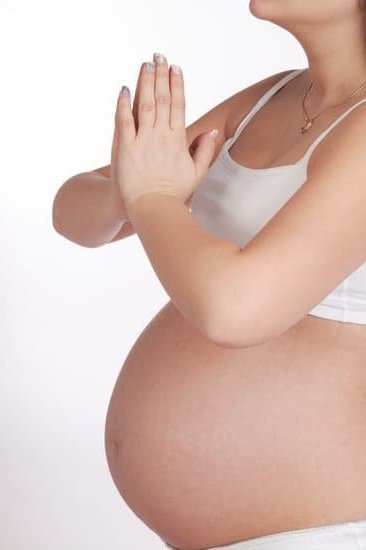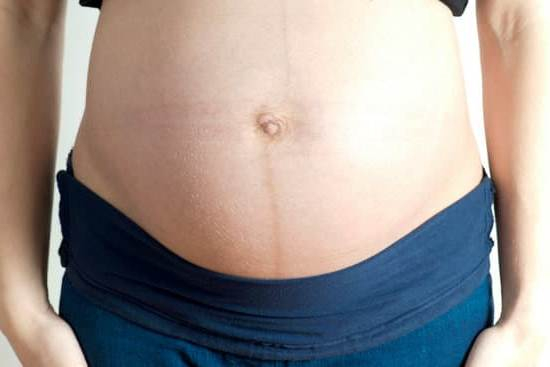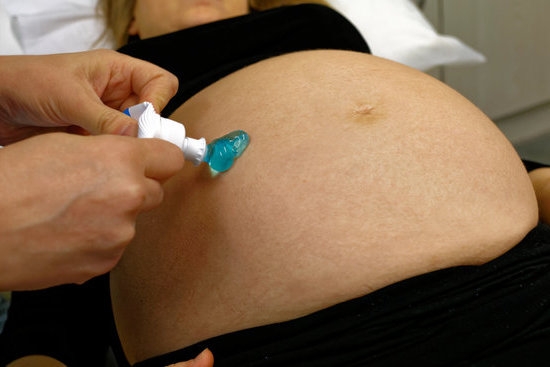Introduction
Painful nipples can be one of the early signs of pregnancy and it is important to be aware of this possibility. Pregnancy can bring about hormone fluctuations that can affect the breasts, leading to tenderness or pain in and around the nipples. In some cases, experiencing sore nipples is one of the earliest signs that a woman is expecting a baby. For some women, this symptom may begin as soon as they become pregnant while others may not experience it until a few weeks later. It’s natural to feel concerned anytime a new or abnormal symptom appears, however if it is accompanied by other signs such as nausea, fatigue and frequent urination then it’s likely that those might be indicators of pregnancy.
In addition to the physical symptoms associated with early pregnancy, many women also report experiencing emotional changes such as increased feelings of happiness or sadness on certain days. Therefore, if your nipples are sore and you have other emotional symptoms in addition then its best to take a pregnancy test just to double check and put your mind at ease.
Having a awareness of potential indicators of early pregnancy is important as there are steps that should be taken during this time such has taking prenatal vitamins and scheduling an appointment with your physician who can provide additional guidance throughout your journey into motherhood. There are several websites dedicated solely to helping women become informed about their due date and properly care for their baby during the gestational period so exploring these resources will prove invaluable when considering whether painful nipples could be signifying pregnancy..
Symptoms and Causes of Painful Nipples
Yes, Painful nipples can be a sign of pregnancy. The most common cause is the surge in hormones that begin early in pregnancy. The hormone estrogen stimulates the milk ducts and strengthens them for lactation, which can lead to breast tenderness or nipple pain. Additionally, the hormone progesterone causes the breasts to swell, which increases nerve sensitivity in the area and makes it more sensitive to touch or rubbing against clothing.
Other potential causes of painful nipples for pregnant women include friction from bras and clothing, and infections such as thrush or mastitis. If you experience any kind of nipple pain during pregnancy, you should speak with your healthcare provider so they can examine your breasts and determine what may be causing the issue. Breastfeeding women may also experience painful nipples; latching problems, incorrect positioning while breastfeeding, an ill-fitting bra, allergies to certain detergents used in washing breast pads or clothes, and over-stimulation due to frequent nursing are common culprits. A doctor can provide guidance on how to alleviate any discomfort caused by these issues as well.
Ways to Find Relief from Painful Nipples
When it comes to finding relief from painful nipples during pregnancy, there are several options available. For starters, using a thick layer of moisturizing cream can provide relief and reduce friction. Similarly, applying cold compresses or chilled cucumber slices directly to the area can be helpful. In many cases, simply avoiding common triggers like tight clothing or synthetic fabrics can improve comfort levels considerably.
Additionally, adjusting one’s lifestyle should also be considered when dealing with pain in the nipples during pregnancy. It’s important for pregnant women to keep themselves hydrated and consume an adequate amount of vitamins A, C and D for optimal skin health. Nutritionists advise that increasing fiber intake by eating more fruits and vegetables might help lessen any soreness or tenderness. Also, it would be beneficial to adjust one’s sleeping schedule as needed in order to achieve eight consecutive hours of rest every night. Lastly, engaging in light exercise such as yoga or swimming may be able to lead to improved overall wellness while reducing uncomfortable nipple symptoms.
When to See a Doctor
It is possible for painful nipples to be a sign of pregnancy, however it is difficult to determine this without performing a medical examination or via blood test. If you experience painful nipples as well as other symptoms such as missed periods, morning sickness, and fatigue, you should speak with your healthcare provider immediately in order to receive confirmation that you are pregnant and to ensure your health.
If the pain associated with your nipples becomes too severe, or if the nipples become red, inflamed and/or tender then you should seek medical attention right away. This type of pain could be indicative of an infection which could require antibiotics or further treatment options. It is also important to note that nipple pain can also be caused by hormonal changes due to PMS, menopause, medications or medical conditions so it is important to discuss any changes with your doctor in case additional tests may need to be conducted.
Your healthcare provider can discuss different methods for alleviating any discomfort related to painful nipples during pregnancy. Depending on the situation, these treatments can include ice packs for potential swelling and tenderness, nipple creams designed for pregnant women (including lanolin-free varieties), nursing bras that offer support and comfort if breast feeding has already begun and more.
If at any point you have additional questions about painful nipples due to pregnancy or other reasons then contact your doctor or a dedicated health professional who may provide further advice regarding diagnosis and treatments aimed toward reducing discomfort.
Understanding If Painful Nipples Is a Sign of Pregnancy
Painful nipples can be one of the many signs of pregnancy and is often under-discussed, yet it can be a real experience for some women. Other potential signs of pregnancy include nausea, tender breasts, fatigue, frequent urination, and a positive pregnancy test.
To determine if painful nipples are in fact a sign of pregnancy it is important to consider all other potential signs that typically accompany an early pregnancy. A woman should ask herself if she has been feeling more fatigued than normal or nauseous, or having a sensitive response to certain smells or flavors. Studies have indicated that painful nipples are more likely to be an indication of early pregnancy if their appearance and sensitivity increases during ovulation or shortly thereafter.
It is important to note that even though you may be experiencing painful nipples during ovulation or soon after it does not necessarily indicate there’s a chance of you being pregnant because the job of ovulation is simply the release of eggs into the uterus in preparation for fertilization. However, there is no direct research stating whether this actually impacts the likelihood of being pregnant but there are theories stating that hormonal changes could potentially cause any breast tenderness experienced near or around ovulation due to progesterone at higher levels during this time.
There are also misleading myths about nipple pain being a sign for pregnancy including; If your partner rubs on your nipples you will become pregnant, If your breasts swell much beyond normal size in early stages you surely have conceived and Painful hips can mean you’re pregnant but these all have no scientific basis so don’t trust them blindly! Ultimately it always best practice to follow up with your doctor for proper assessment and advice as every situation is different depending on one’s body type and habits.
Conclusion
Painful nipples can be one of the many signs of pregnancy. Although it may not be an absolute indication, tender or swollen breasts can be early signs of pregnancy and should not be ignored. If you experience other symptoms in addition to painful nipples, its important to reach out to your doctor either to confirm or rule out a pregnancy. By ruling out possible medical conditions and running tests such as blood tests or ultrasound scans, they can provide a definite answer that will help you make important decisions. Furthermore, if you receive a positive result your doctor can provide valuable advice to ensure the sustainability of the pregnancy. In conclusion, for those trying for a baby or simply suspecting that they could be pregnant, having painful nipples is something to take note of and contact a medical professional as soon as possible.

Welcome to my fertility blog. This is a space where I will be sharing my experiences as I navigate through the world of fertility treatments, as well as provide information and resources about fertility and pregnancy.





